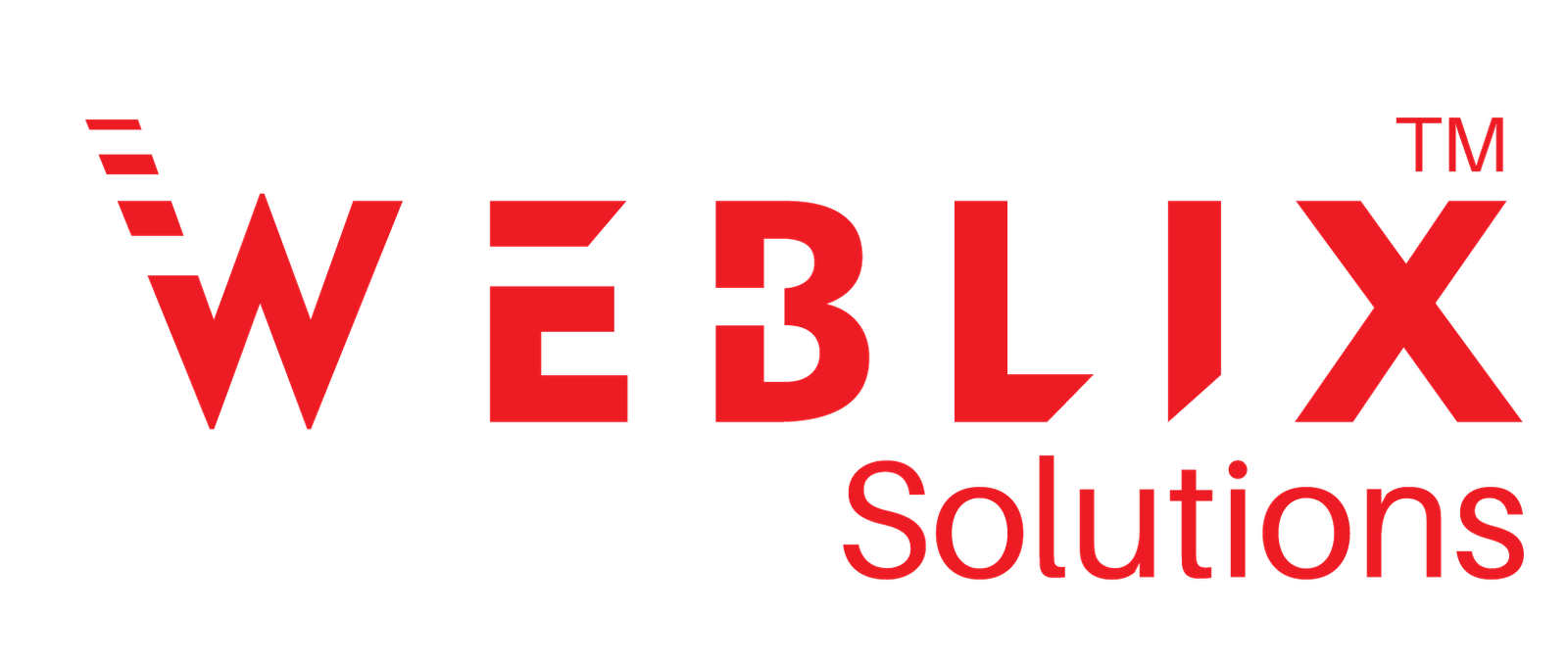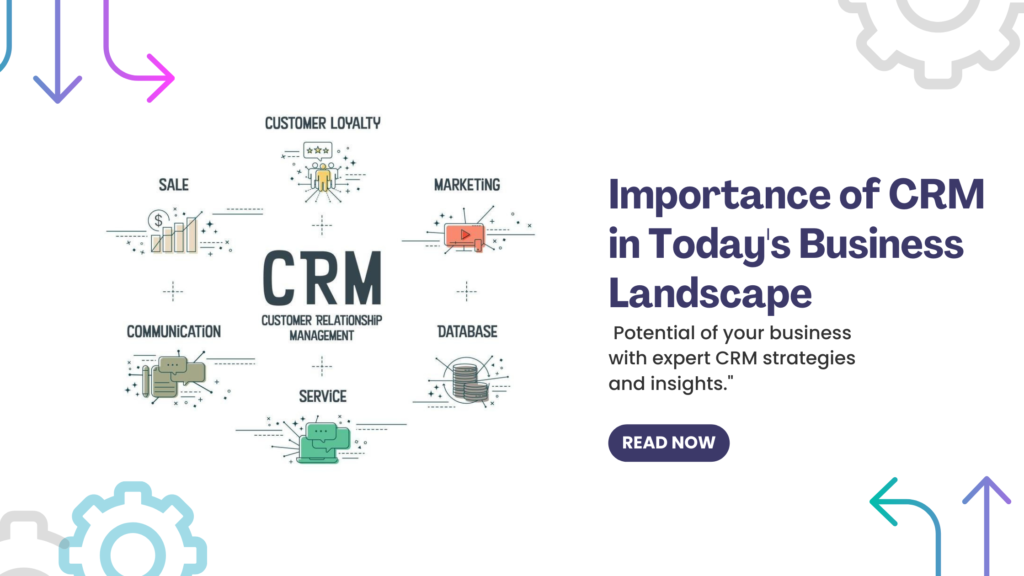Customer Relationship Management (CRM) has evolved significantly since its inception in the 1980s, becoming an indispensable tool for businesses globally. Initially driven by pioneers like Robert and Kate Kestnbaum through database marketing, CRM has transformed from simple customer databases to complex systems designed to manage customer interactions, improve business relationships, and enhance profitability. This article delves into the evolution of CRM, its current state, and how businesses, particularly in Saudi Arabia, can leverage these systems for competitive advantage.
The Beginnings of CRM
The concept of CRM began in the 1980s with the advent of database marketing. Robert and Kate Kestnbaum were instrumental in this phase, introducing methodologies to manage and analyze customer data effectively. This approach enabled businesses to create more targeted marketing strategies and foster stronger relationships with their customers. However, CRM as we know it today started to take shape in the 1990s.
By the mid-90s, the CRM market had expanded rapidly, offering a variety of products designed to meet different business needs. The proliferation of CRM systems provided companies with more choices, although aggressive acquisitions and mergers sometimes made it challenging to navigate the market. In 1999, two pivotal developments occurred: companies like Siebel began offering mobile and electronic CRM solutions, and Salesforce introduced its groundbreaking cloud-based CRM platform.
CRM in the 21st Century
In the 21st century, CRM has continued to evolve, incorporating new technologies and adapting to changing business environments. Despite the plethora of CRM products available, the market shows no signs of saturation. New companies consistently emerge, offering innovative cloud-based solutions, while established vendors have shifted from traditional site licenses to cloud alternatives. This evolution reflects the growing preference for scalable, flexible, and cost-effective CRM solutions.
The integration of social data has become a significant trend in recent years. Businesses now recognize the importance of engaging with customers across various social platforms. Social CRM integrates traditional CRM functionalities with social media platforms, enabling companies to interact with customers in real-time, gather valuable insights, and build stronger relationships.
Top Leading CRM Software Platforms
The CRM market is diverse, with numerous platforms catering to different business needs. Here are the top leading CRM systems that have set themselves apart in the market:
- Salesforce: Known for its robust cloud-based solutions, Salesforce offers a comprehensive suite of tools for sales, service, marketing, and more. Its customization capabilities and extensive app ecosystem make it a preferred choice for businesses of all sizes.
- Zoho Corporation: Zoho CRM provides a wide range of features, including sales automation, multichannel communication, and analytics. Its affordability and integration with other Zoho products make it ideal for small to medium-sized businesses.
- Pipedrive: Designed for sales teams, Pipedrive focuses on sales pipeline management and activity tracking. Its user-friendly interface and automation features help streamline the sales process.
- HubSpot: HubSpot CRM is known for its ease of use and integration with HubSpot’s marketing, sales, and service hubs. It offers powerful tools for lead generation, customer segmentation, and marketing automation.
- Zendesk: Primarily a customer service platform, Zendesk also provides CRM capabilities to help businesses manage customer interactions across multiple channels. Its focus on customer support makes it a valuable tool for enhancing customer satisfaction.
- Monday.com: Monday CRM combines project management with CRM functionalities, offering a visual and customizable platform for managing customer relationships and team collaboration.
- Insightly: Insightly provides CRM and project management tools designed to help businesses manage customer relationships and workflows. Its integrations with popular apps enhance its utility.
- Copper: Copper CRM integrates seamlessly with Google Workspace, making it an excellent choice for businesses that rely on Google’s productivity tools. Its focus on simplicity and automation boosts productivity.
- Less Annoying CRM: True to its name, this CRM offers a simple and intuitive interface, making it easy for small businesses to manage their customer relationships without the complexity of more advanced systems.
How to Choose CRM Software Tools
Selecting the right CRM tool for your business involves evaluating several key factors to ensure it aligns with your needs and objectives. Here are some essential considerations:
Time to Value
How quickly can you start seeing benefits after implementing the CRM system? A shorter time to value means your business can start leveraging the CRM’s capabilities sooner, enhancing productivity and efficiency.
Reporting Features
Robust reporting features are crucial for generating insights that inform decision-making. Look for CRM systems that offer customizable reports, dashboards, and analytics tools to help you track performance and identify trends.
Simple Setup
A straightforward setup process ensures that your team can start using the CRM system without extensive training or delays. Consider CRM platforms that offer easy installation, user-friendly interfaces, and comprehensive support resources.
Team Productivity Features
The right CRM should enhance your team’s productivity by automating routine tasks, streamlining workflows, and facilitating collaboration. Features like task management, calendar integration, and communication tools are essential for boosting efficiency.
Customer Experience Features
Customer-centric features such as personalized communication, multichannel support, and real-time interaction capabilities are vital for improving the customer experience. A CRM system that prioritizes customer engagement can help build stronger relationships and drive loyalty.
Total Cost of Ownership
Consider both the upfront and ongoing costs of the CRM system, including licensing fees, maintenance, and potential upgrade expenses. Ensure the CRM provides good value for its cost and fits within your budget.
Integration with Your Tech Stack
The CRM should integrate seamlessly with your existing technology infrastructure, including ERP systems, marketing tools, and communication platforms. Effective integration ensures smooth data flow and enhances overall efficiency.
Mobile Sales Management
With the increasing importance of mobile accessibility, choose a CRM system that offers robust mobile sales management features. This allows your sales team to manage customer interactions, update records, and access information on the go.
Free Trial
A free trial period allows you to test the CRM system before making a commitment. This helps you evaluate its features, usability, and compatibility with your business processes.
CRM in Saudi Arabia
The demand for CRM software in Saudi Arabia has been steadily increasing as businesses recognize the value of CRM systems in improving sales forecasting, planning, and overall customer satisfaction. The country’s rapidly growing economy and digital transformation initiatives have further fueled this demand.
Benefits of CRM for Businesses in Saudi Arabia
- Enhanced Customer Understanding: CRM systems provide businesses with a comprehensive view of their customers, enabling them to understand customer preferences, behaviors, and needs. This insight helps businesses tailor their offerings and improve customer satisfaction.
- Improved Sales Forecasting: By analyzing historical data and current trends, CRM systems help businesses predict future sales more accurately. This enables better planning and resource allocation.
- Increased Efficiency: CRM systems automate routine tasks, streamline processes, and facilitate collaboration, enhancing overall business efficiency. This allows teams to focus on more strategic activities.
- Better Customer Engagement: CRM systems enable businesses to engage with customers across multiple channels, providing a consistent and personalized experience. This improves customer loyalty and retention.
- Data-Driven Decision Making: CRM systems provide valuable data and analytics that inform decision-making. Businesses can use these insights to identify opportunities, optimize strategies, and drive growth.
Integrating CRM and ERP Systems
Integrating CRM and ERP systems provides a strategic competitive edge by enabling businesses to manage both front-end customer interactions and back-end operations seamlessly. This integration offers several benefits:
Faster, Better, and More Personalized Customer Experiences
Sales representatives with immediate access to inventory, pricing, and customer data can complete sales orders faster and provide a better purchasing experience. Real-time data enables personalized interactions, enhancing customer satisfaction.
Common ERP and CRM Data Integration Points
- Client and Account Information: Ensuring that customer and account data is consistent across both systems.
- Customer Data: Synchronizing customer profiles, contact information, and interaction history.
- Product Information: Sharing product details, availability, and specifications between systems.
- Pricing and Discounts: Aligning pricing structures and discount schemes across both platforms.
- Sales Orders and Purchase Histories: Integrating sales order processing and historical purchase data.
- Payment Information: Ensuring accurate and consistent payment processing and record-keeping.
How Weblix Solutions Can Support CRM Implementation
Weblix Solutions specializes in guiding businesses through the selection and implementation of the most suitable CRM systems based on their budget and specific needs. By leveraging Weblix’s expertise, companies can ensure they choose a CRM platform that not only fits their budget but also enhances their operational efficiency and customer engagement.
Services Offered by Weblix Solutions
- Consultation and Needs Assessment: Weblix conducts a thorough assessment of your business needs, goals, and budget to recommend the most suitable CRM solutions.
- Implementation and Integration: Weblix ensures seamless implementation and integration of the CRM system with your existing technology infrastructure.
- Customization and Configuration: Weblix customizes the CRM system to align with your business processes and requirements.
- Training and Support: Weblix provides comprehensive training to your team and ongoing support to ensure smooth operation and optimal utilization of the CRM system.
- Maintenance and Upgrades: Weblix offers maintenance services and keeps your CRM system updated with the latest features and security enhancements.
Conclusion
In conclusion, CRM systems have evolved significantly since their beginnings in the 1980s. The continuous innovation in this field, particularly with the rise of cloud-based solutions and social data integration, underscores the importance of CRM in today’s business environment. For businesses in Saudi Arabia, adopting a robust CRM system can lead to better sales forecasting, improved customer experiences, and a strategic competitive edge. Weblix Solutions stands ready to support businesses in navigating the complex CRM landscape to find the perfect solution tailored to their needs.
By understanding the evolution, current trends, and future potential of CRM systems, businesses can make informed decisions that drive growth and success in the digital age. Leveraging the expertise of Weblix Solutions can further enhance this journey, ensuring that businesses in Saudi Arabia and beyond can maximize the benefits of their CRM investments.




